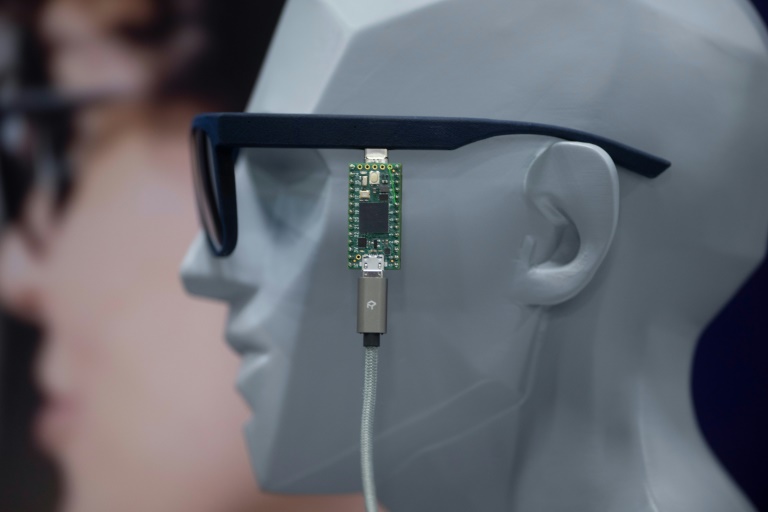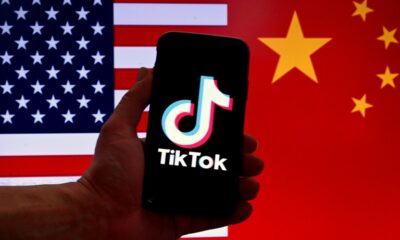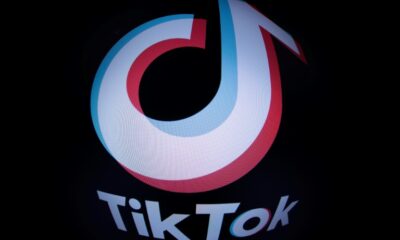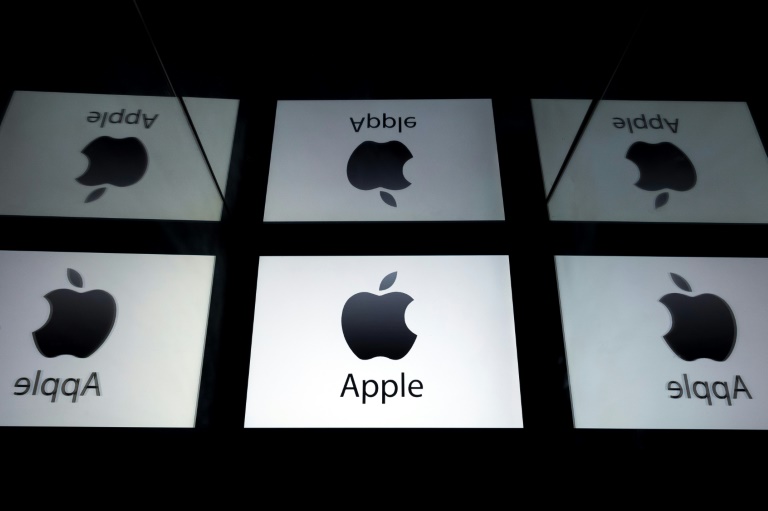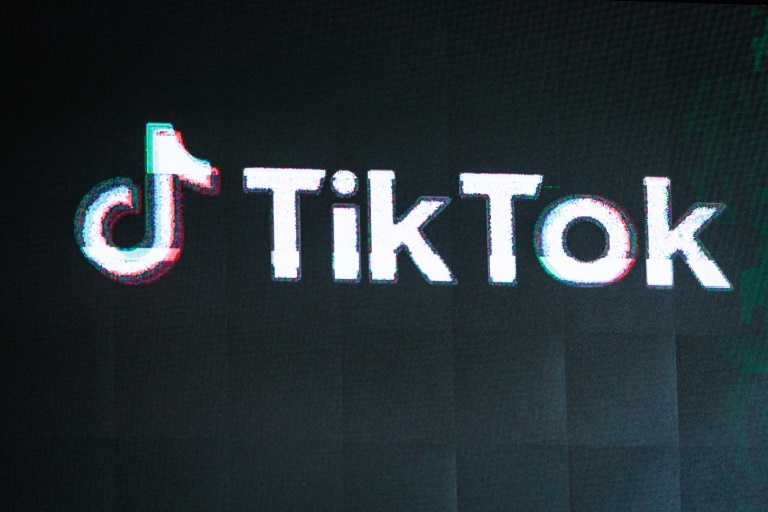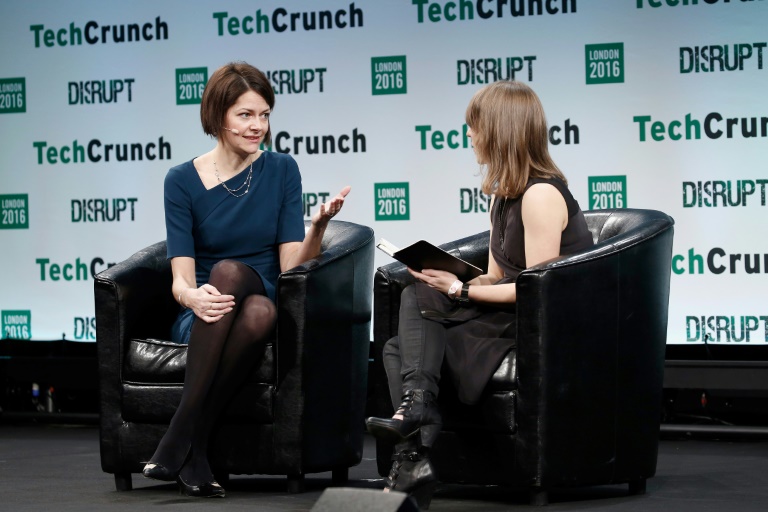Turning on the TV with a wink, skiing on a city street — the once unimaginable was possible this week at CES, the annual Consumer Electronics Show in Las Vegas, thanks to wearable tech innovations.
Here are some highlights:
– Earbud remote controls –
You can get a lot done with a nod and wink — at least when you’re wearing the Naqi Neural Earbuds, says Zavier Alexander, director of product management at Canadian company Naqui Logix.
The programmable earbuds contain “biosensors” that detect “electrical impulses your muscles make whenever you make a facial expression,” Alexander explains.
They can be set up to control “almost any connected device,” he says, from computer mice and keyboards to even a 737 plane simulator.
“Right now we can detect four different gestures… eyebrow raises, eye blinks, opening and closing your mouth. The one that we really like is a jaw flex because it’s very subtle.”
The founder of the start-up initially started the project to help a paralyzed friend play video games again, Alexander said.
The company is now looking for headphone manufacturers willing to integrate the technology into their products.
– Movie screen glasses –
Only slightly bulkier than conventional eyewear, XREAL’s augmented reality (AR) glasses project a movie theater-sized screen into thin air.
“Wear these on a flight, in a car, or on a train — you’re going to have a big screen experience that comes right out of your pocket,” says Ralph Jodice, head of PR for the Chinese company.
“When you’re sitting at your desk, whether it’s in the office or at home, we can put three virtual screens floating out in space.”
Sensors can also track hand movements, enabling the creation of virtual 3D applications.
The various models cost between $400 and $700.
– Muting masks –
With the Skyted silent mask, you can finally make that important call in a train’s quiet car.
Wearing the surgical mask-sized device, “your voice doesn’t go out and noise doesn’t come in,” explains Stephane Hersen, the French company’s founder.
The sound-absorbing mask connects to telephones or computers, allowing users to make “silent, confidential calls in any circumstance,” says the former Airbus employee, highlighting noisy offices.
He says the company has a completely different outlook after the Covid-19 pandemic, which changed many peoples’ perceptions of wearing masks.
– ‘Eyes’ in the back of your head –
While working as a corrections officer, .simstechnology founder Sean Siembab says he was attacked from behind, suffering a traumatic brain injury.
During his rehab, a bicyclist hit him — from behind.
“At that point, I said ‘there’s got to be something out there that alerts you.'”
He got to work developing an accessory worn on users’ backs that warns them when someone approaches from behind. With a tiny camera, it also films the interaction.
Users then have the option of sending an SOS message from their phone or smartwatch.
The device is expected to retail for $199, with a $79 per year fee to store video footage in the cloud.
– Speed-walking shoes –
Why run when you can walk faster? Users wearing Shift Robotics’ electric wheeled device — over their shoes — glide along without breaking a sweat.
“They are not (roller) skates — they don’t coast… If you stop walking, they don’t move at all,” explains Shift Robotics marketing director David Politis.
He says the latest version — the Moonwalkers X — are faster and lighter than their predecessor.
“Walking is fine, but there are certain instances where people walk a lot,” says Politis, highlighting warehouses where employees are on their feet all day.
Touting the device’s benefits on productivity, he says that IKEA, which piloted the shoes in a store in Sweden, estimates that employees wearing the Moonwalkers could save “nearly 400 hours a year.”
No walking is needed for Skwheel’s electric skis, however — nor snow, for that matter.
Manufactured by a French start-up, the battery-powered skates seek to replicate the feeling of skiing, on or offroad.
Some customers may use them for a fun daily commute, but the company also intends to sell them to winter sports stores for summer rentals.

 Business4 months ago
Business4 months ago
 Business5 months ago
Business5 months ago
 Events3 months ago
Events3 months ago
 People4 months ago
People4 months ago
 Events4 months ago
Events4 months ago
